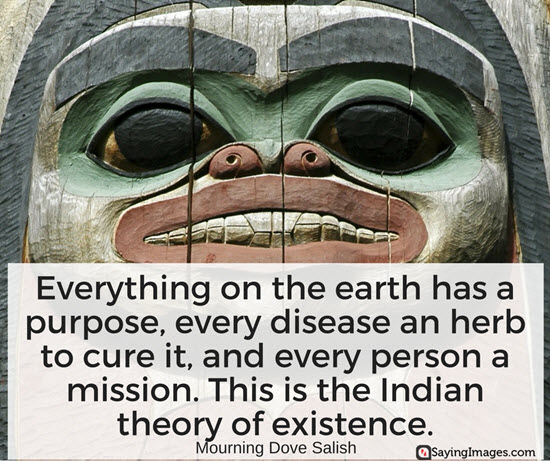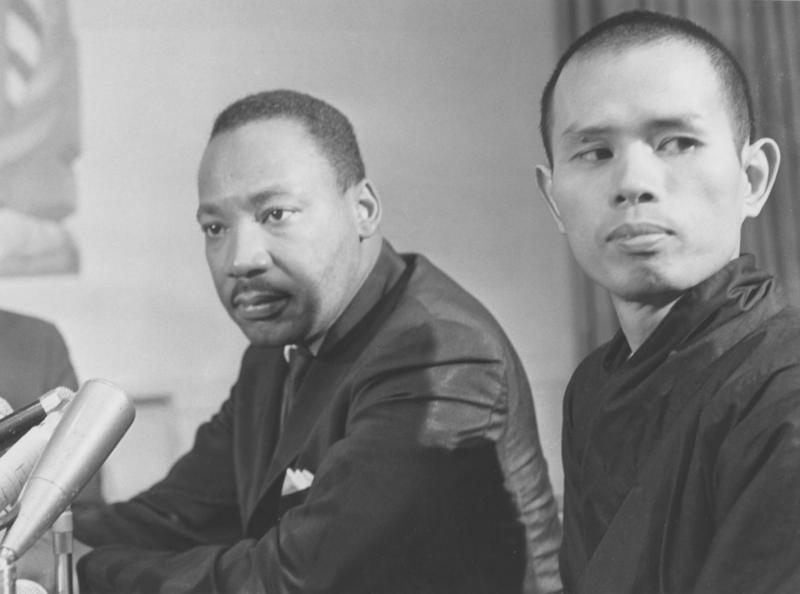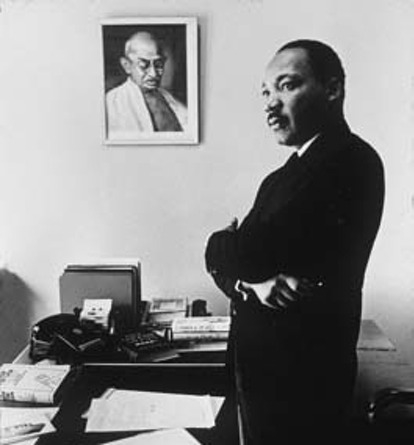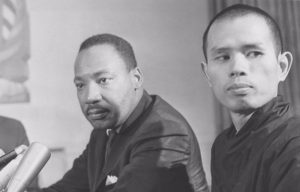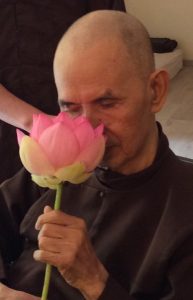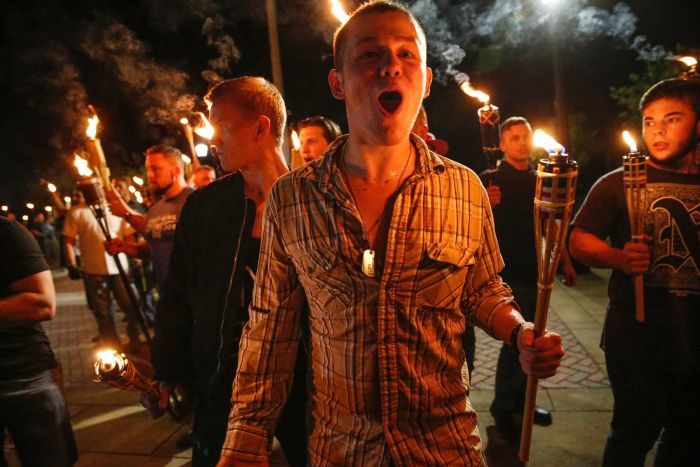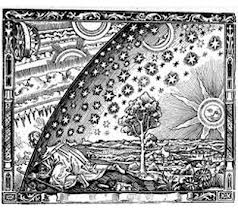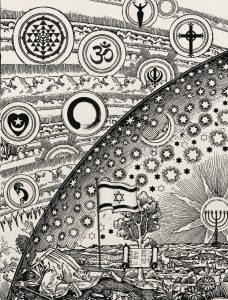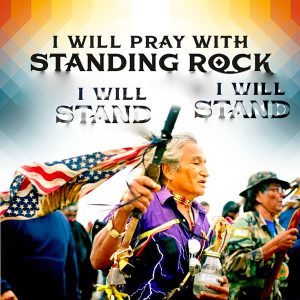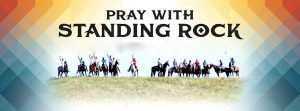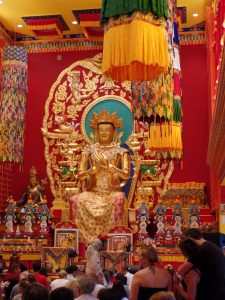Earth, isn’t this what you want? To arise in us, invisible?
Is it not your dream, to enter us so wholly
there’s nothing left outside us to see?
What, if not transformation,
is your deepest purpose? Earth, my love,
I want it too. Believe me,
no more of your springtimes are needed
to win me over—even one flower
is more than enough. Before I was named
I belonged to you. I see no other law
but yours, and know I can trust
the death you will bring.
See, I live. On what?
Childhood and future are equally present.
Sheer abundance of being
floods my heart.
– Rainer Maria Rilke (from the Ninth Duino Elegy,
translated by Anita Barrows and Joanna Macy)
There is a very difficult notion to express clearly and wisely.
When an individual is in pain, (or as with the pandemic, for a whole population), to even hint that it’s “really anopportunity” can be infuriating and painful. Those who are suffering right now from the illness itself, those on the front lines of “essential services,” or those deeply impacted by the social and economic responses to the pandemic deserve our empathy, our support, our prayers…period. They don’t need to be told, “Hey, this is really an opportunity for us all to grow into a better world.”
But a great many of us are sitting or working in relatively safe and comfortable conditions and have the time to take a deep look and assess where we are and where we are headed. We may direct attention to the broader meaning of what is happening and possibly find ways to effect the course of human life going forward. The catastrophe, the immense suffering of the Covid-19 pandemic, may be an opportunity for a wake-up to create a better world.
No one knows the future. But it does seem clear that there are forces that will attempt to use this moment to advance totalitarian controls of the population and increase the wealth and power of a small number of people at the expense of everyone else. At the same time, there are signs of increasingly empowered voices that seek to advance a transformative vision and bring about a society based in compassion and living in greater harmony with Mother Earth.
The spectrum of possible futures lie at or between these poles. The question for each of us is where are we putting our attention and energy.
I’ve included here three essays that were sent by way of Kosmos Journal, an online journal dedicated to global transformation integrating psychology and spirituality with social and political change.
Below that, I’ve copied a story from the New York Times that offers an example of our global inter-relatedness and an expression of empathy and reciprocity between a Native American tribe and the people of Ireland.
Three Essays from Kosmos on COVID-19
Searching for the Anti-Virus | Covid-19 as Quantum Phenomenon by Martin Winiecki – The author brings focus to the ideas that physical disease is not separate from our mental and emotional nature and that subjective experience is not separate from objective reality. He states, that, ” If we exclusively fight the symptoms without exploring the deeper root, we might survive the disease but other symptoms are still likely to materialize.”
True Health | What if the Virus is the Medicine? by Julia Hartsell and Jonathan Hadas Edwards – This essay urges us to look at the potential for this being an initiatory process, “There is the hope that what is dying is the caterpillar of immature humanity in order that the metamorphosis yields a stunning emergence. That whatever survives this collective initiation process will be truer, more heart-connected, resilient and generative.”
Coronavirus Spells the End of the Neoliberal Era | What’s Next? by Jeremy Lent – Taking both a spiritual and political look into ‘what’s next,’ Lent shares historical accounts of radical shifts in ‘what is possible’ and offers us a look at where we may or may not go now. On the positive side, he offers these elements of the opportunity: a fairer society, ecological stabilization, the rise of “glocalization,” and compassionate community.
===============
A story of reciprocity and empathy:
By Ed O’Loughlin and Mihir Zaveri in the New York Times
Published May 5, 2020 Updated May 6, 2020, 6:55 a.m. ET
DUBLIN — More than 170 years ago, the Choctaw Nation sent $170 to starving Irish families during the potato famine. A sculpture in County Cork commemorates the generosity of the tribe, itself poor. In recent decades, ties between Ireland and the Choctaws have grown.
Now hundreds of Irish people are repaying that old kindness, giving to a charity drive for two Native American tribes suffering in the Covid-19 pandemic. As of Tuesday, the fund-raiser has raised more than $1.8 million to help supply clean water, food and health supplies to people in the Navajo Nation and the Hopi Reservation, with hundreds of thousands of dollars coming from Irish donors, according to the organizers.
Many donors cited the generosity of the Choctaws, noting that the gift came not long after the United States government forcibly relocated the tribe and several other American Indian groups from the Southeastern United States, a march across thousands of miles known as the Trail of Tears that left thousands of people dead along the way.
“I’d already known what the Choctaw did in the famine, so short a time after they’d been through the Trail of Tears,” Sean Callahan, 43, an Apple administrator in Cork City who made a donation, said on Tuesday. “It always struck me for its kindness and generosity and I see that too in the Irish people. It seemed the right time to try and pay it back in kind.”
“Thank you, IRELAND, for showing solidarity and being here for us,” one said on the GoFundMe page.
Gary Batton, chief of the Choctaw Nation of Oklahoma, said in a statement on Tuesday that the tribe was “gratified — and perhaps not at all surprised — to learn of the assistance our special friends, the Irish, are giving to the Navajo and Hopi Nations.”
“We have become kindred spirits with the Irish in the years since the Irish potato famine,” he said. “We hope the Irish, Navajo and Hopi peoples develop lasting friendships, as we have.”
Cassandra Begay, communications director for the fund-raiser, said in an interview on Tuesday that Irish people appeared to have found the charity effort through posts on Twitter, including one on May 2 from a reporter at The Irish Times, Naomi O’Leary. Ms. Begay, a member of the Navajo Nation, said over the past 48 hours, more than $500,000 had been donated, with most of the money coming from Ireland.
“The Choctaw ancestors planted that seed a long time ago, based off the same fundamental belief of helping someone else,” Ms. Begay said. “It is a dark time for us. The support from Ireland, another country, is phenomenal.”
A high prevalence of diseases like diabetes, scarcity of running water and homes with several generations living under the same roof have enabled the virus to spread with exceptional speed in places like the Navajo Nation, according to epidemiologists. The Hopi reservation is surrounded by the Navajo Nation.
It is not surprising that the ordeals of Native American tribes resonate in Ireland. It is estimated that one million Irish people, mainly poor tenant subsistence farmers, died of hunger or disease from 1845 to 1849, and another million emigrated in that period or shortly afterward.
The famine was among the first humanitarian crises to be reported in the early days of global media, which helped spur donations to Ireland from around the world. In addition to the donation from the Choctaw, money was raised from prisoners in Sing Sing, former slaves in the Caribbean and convicts on a prison ship in London.
The Choctaws were the first tribe to be relocated during the Trail of Tears, starting in 1831, with thousands dying and many starving.
Years later, the Choctaws learned of the Irish potato famine and “a great empathy was felt when they heard such a similar tale coming from across the ocean,” according to the Choctaw Nation’s description of its bond with the Irish.
Choctaw people then gathered together $170 to send to Irish people in 1847, the equivalent of more than $5,000 today.
“When our ancestors heard of the famine and the hardship of the Irish people, they knew it was time to help,” Mr. Batton wrote in 2017.
The sculpture commemorating the Choctaws’ generosity was dedicated in 2017 in Midleton, Ireland.
Prof. Diarmaid Ferriter, a historian at University College Dublin and co-author, with the writer Colm Toibin, of the book “The Irish Famine,” said that awareness of the Choctaw donation to Irish famine relief had increased sharply since the commemoration of the 150th anniversary in 1995.
The president of Ireland at the time, Mary Robinson, had visited the Choctaws in Oklahoma to thank them. Two years ago, Prime Minister Leo Varadkar also paid them a visit.
“It showed how far the famine resonated that it reached people 4,000 miles away who had themselves recently suffered terrible deprivation and clearance from their land,” Professor Ferriter said. “There is a belief that the famine has never been forgotten here, and it has made Irish people more likely to make common cause with other marginalized people.”
The money donated by the Choctaws was distributed in Ireland by members of the Quaker community, who are still remembered for their leading role in famine relief. More recently, Choctaw representatives have taken part in the annual Famine Walk in County Mayo, which commemorates a forced march in terrible weather by hundreds of starving people hoping for government
